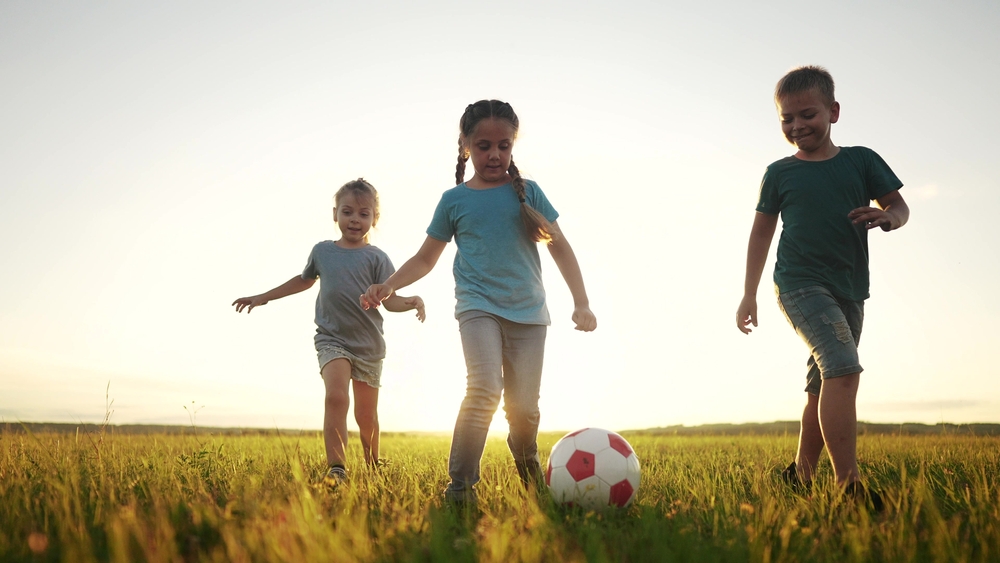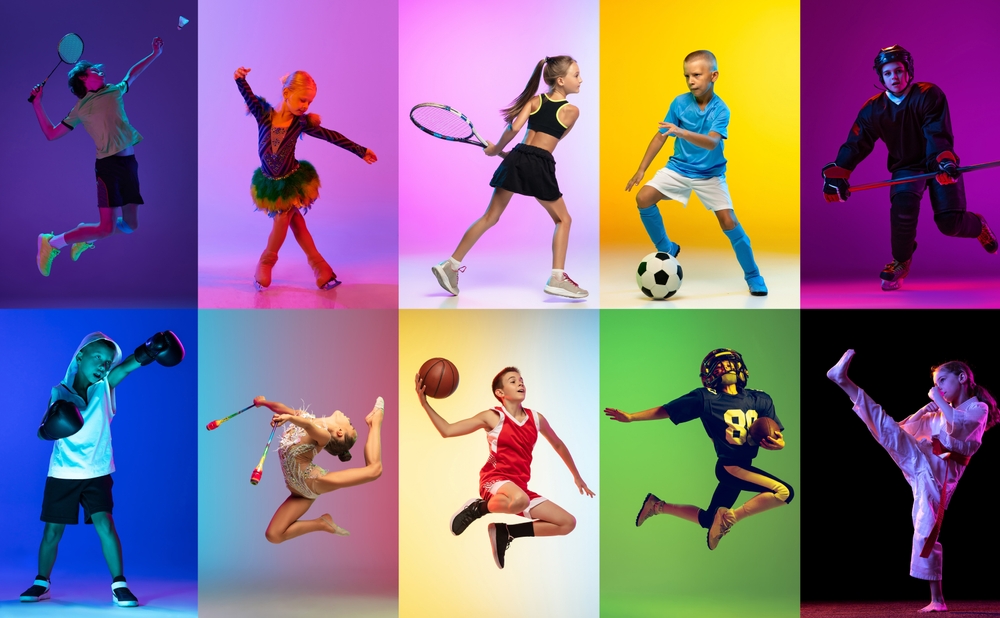Introduction
It simply isn’t about competition; it is about playing together. Sports bring people together; whether they are playing alongside you, watching from a stadium, or cheering in their homes, they do add some truly powerful ways to connect. Connections Sports are all about the significant social relationships games draw, build communities, and inspire the world to unite.
When the world seems so divided, it serves as a common ground. These connections go deeper than victories or defeats and create friends and support systems that become an integral part of your life.

1. The Power of Teamwork
Every sport revolves around teamwork. All the persons who play should trust one another and communicate well. Their efforts combine to reach a common goal. This is what creates a bond among sportspersons, which often leads them to lifelong friendships.
Sports teamwork develops valuable life-skill fundamentals, including cooperation, leadership, and perseverance. Be it on the field, in school, or work, these bridges allow for greater collaboration and even more significant success beyond the game.
2. Building Community Spirit
Communities are such local sports. There are school games, city tournaments, and they unite neighbors, be it cheering for teams on the sidelines, organizing fundraisers, or celebrating the local sports’ successes.
Sports have become an event in which everyone participates, regardless of the age or background, for connecting to create a more permanent association of belonging.
3. Bridging Cultural Gaps
So is it true that sports bears an universal meaning or language? With the Olympics and World cup, people from all over the continents come together as one. Such events also create room for cultural exchanges and bring out the globalism of friendship.
These are people from very diverse segments of life who breathe very differently and learn mutual respect and consideration just by the fact that they are cheering for the same teams or celebrating very similar victories. That is truly what the world needs.
Sports nowadays span a universal language. International events such as the Olympics or World Cup will draw die-hard fans traveling from every continent to attend. These events are opportunities for cultural exchange and hospitality with strangers from thousands of miles away.
Seeing people from various parts and how they cheer for the same team might make life different for those whose backgrounds are just too different. One could expect that somehow along the way respect and understanding could slowly blossom into something special.
These are diverse and extremely different people from all walks of life with different breaths who have learned mutual respect and consideration just by virtue of cheering for the same teams or celebrating very similar victors. That is really what the world needs.
At present, sports speak a global language. International events like the Olympics or the World Cup draw die-hard fans from across the continents. Such events also offer opportunities for cultural exchange, as well as global friendship.
Through the same triumphs and by cheering for the same teams, people view, listen to, and celebrate with entirely different parts of life. In other words, these are people who could expect, maybe along the way, to learn respect and understanding-about something this world really needs more of.
4. Inspiring the Youth
Young persons idolize athletes as role models. Discipline, dedication, and team spirit-these are all the strong character qualities that one learns through sports. Sports build strong character, whether it is a child playing in a youth league or hoping to qualify for the pros.
Youth sports also provide a healthy avenue for children keeping them busy, entertained, and having fun with others while doing so.
5. Creating Shared Memories
Sports are memorable. From pickup games with friends to extraordinary stadium experiences, these memories are created. These moments become the stories we share and hold dear- be it the thrill of a game-winning goal or the pride of donning your team colors.
6. Promoting Equality and Inclusion
Sports cross borders. Initiatives that provide for women athletes, the disabled, and players from disadvantaged communities reflect the right of everyone to be a member of the team.
Challenge in sports, empower for inclusion and embrace diversity. When athletes from diverse spheres get success, this creates an impact by sending a powerful message, ‘Talent has no boundaries, connection no borders.’
7. Encouraging Healthy Competition
Winning has its beauty, but it is more about the experience of playing. Athletes learn to compete with respect, lose gracefully, and appreciate effort as much as actual results.
Through competition, a sportsperson acquires confidence, persistence, and sportsmanship-these three aspects later help to develop individuals and communities.
It is essential that athletes continue to be associated with middle school or high schools before attendance will be considered for a competition for colleges or universities. Again for a student to be eligible, the student must complete at least one semester at the college pursuing academic interests at that institution.
8. Supporting Mental Health
Sports play an incredible part in one’s physical growth; equally it is helpful for the mind. Exercise, more simply, in a nutshell, quenches emotions; it gives a sensation of well-being and reduces distractions. It puts them on a place to have a support system for themselves and to let someone else into their experience when they are down at times socially.
9. Driving Economic Growth
Sports are being good for people and businesses as well. Local tournaments and major events bring people to the restaurants for dining and bring jobs where they support vendors and venue staff; entire communities benefit as such from sports.
They can be local weekend soccer leagues or international championships; sports are bringing in dollars and opportunities.
10. Fostering National Pride
When a national team takes to the world stage, all citizens of that country rally behind their flag. Sports unite people in pride, passion, and identity. Victories are celebrated by the nation at large, while defeats bring people together in shared support.
Conclusion: The Power of Connection
Connections Sports depict how sports are more than just won and lost; they are about people. They teach life lessons, forge communities, and create links across the globe that cause barriers to shatter.



